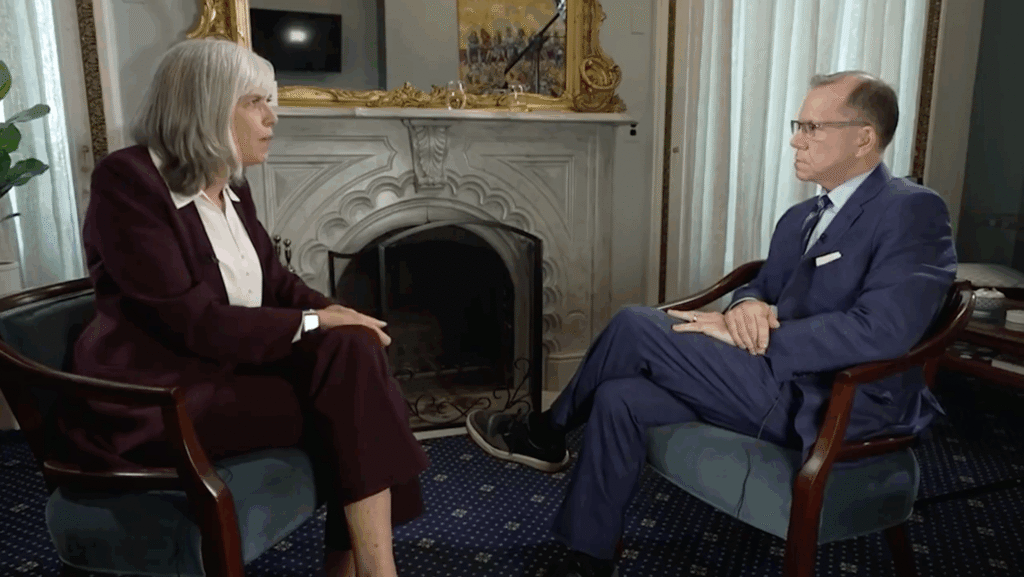Katherine Clark Says Leverage Justifies Pain of a Shutdown
Katherine Clark, Democrat Whip of the U.S. House of Representatives, made it plain when she acknowledged the trade-off in blunt terms: “Shutdowns are terrible. And of course there will be families that are going to suffer. We take that responsibility very seriously, but […]” That admission cuts through any suggestion that the damage is accidental; it was framed as part of a calculation.
When a senior Democratic leader admits willingness to allow hardship to preserve leverage, voters should take it seriously. That kind of political calculus puts party goals ahead of everyday Americans who rely on steady government services and predictable paychecks.
Shutdowns interrupt more than headlines — they halt applications, freeze benefits, delay paychecks for federal workers, and roil programs that families count on. For parents juggling bills, lost hours and stalled approvals are immediate, concrete blows that aren’t fixed by later promises.
Small businesses near federal installations feel these ripples too, with contractors and local suppliers waiting on contracts and payments. Those disruptions trickle through local economies, hitting communities that aren’t part of the national spotlight but depend on dependable government activity.
Republicans argue that governance should be about negotiating without weaponizing public pain, and this episode reinforces that point. If political leverage means tolerating suffering, then the system rewards brinkmanship over compromise and hands off a policy problem to the very people least able to absorb it.
There’s a strategic reason leadership sometimes accepts pain: it’s leverage in bargaining, plain and simple. But bargaining that starts by imposing real costs on families and workers risks alienating voters who expect leaders to protect stability, not trade it away for a policy edge.
Beyond the immediate economic effects, repeated shutdown threats corrode trust in institutions and in the parties that lead them. Trust is hard to rebuild once voters see governing as a zero-sum game where ordinary citizens are the collateral damage of political fights.
Lawmakers who defend this approach will have to explain why leverage matters more than livelihoods when people miss paychecks, services slow, and uncertainty grows. That’s a tight argument to make to a family balancing rent, groceries, and medical bills on a week-to-week basis.
Public policy should aim for stability and predictability, not repeated crises used as bargaining chips. If the goal is to win concessions, the question voters will ask is whether the political gains are worth the real, measurable harm inflicted on households and communities.
Ultimately, the reaction in the weeks ahead will tell whether voters accept leverage as an acceptable cost of politics or demand a different way of doing business. The choice lawmakers make now will be remembered by the people who felt the impact in pay stubs, benefit delays, and local businesses that had to scramble to stay afloat.



